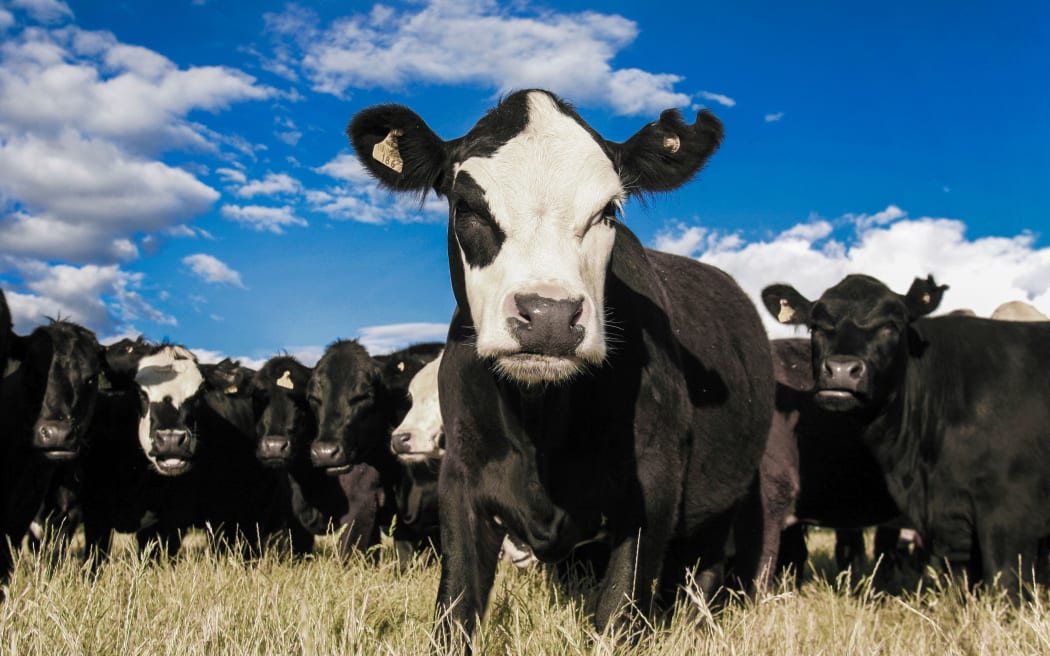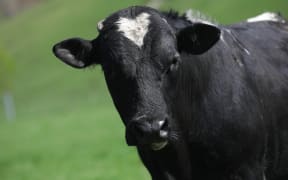
Photo: 123RF
New Zealand has no farms infected with cattle disease Mycoplasma bovis with the last property being cleared of cattle and declared disease-free.
Minister of Agriculture and Biosecurity Damien O'Connor said the last known infected property in Mid-Canterbury has been destocked and declared disease-free, taking New Zealand to zero confirmed infections.
First detected in New Zealand in 2017, the disease causes animal welfare and productivity issues such as mastitis (udder infection), pneumonia, arthritis, and ill-thrift in calves.
In 2018 the government alongside industry said it would work to become the first in the world to eradicate the disease.
Since then 280 properties have been cleared of M. bovis. When a farm becomes infected all stock are culled and the property goes through a disinfection process.
Nearly $248 million of compensation has been paid out to farmers.
O'Connor said while there were brief periods in the past when there were no infections, there had still been investigations of possible cases.
This was the first time there had been no cases and no investigations.
"Looking at what we have achieved together over the last five years, I am confident we made the right decision. We always knew it wouldn't be easy, especially for the farmers affected, but when you looked at the impact that living with M. bovis has on animal welfare and on farmers, we knew we had to try."
It was too early to declare New Zealand completely M. bovis free, he said.
"We can't say yet that we've reached eradication as we may still detect new cases in the future, however with no confirmed infection from our background surveillance since April 2022, we can be confident that we are moving in the right direction.
"Five years of hard work, sacrifice, and collaboration with MPI, DairyNZ and Beef+Lamb New Zealand have brought us to this milestone on the road to eradication."
The eradication programme has come under some scrutiny over the last five years. An independent review by the University of Otago in 2021 found the government's response to the 2017 outbreak was poorly managed and inflicted significant and lasting trauma on farmers.
The minister said it had been tough on many with some farmers having to destock their properties twice due to positive cases.
"I want to acknowledge the hardship which affected farmers and families have felt during this time. I also want to thank the broader sector who've stepped up their animal tracing efforts, allowing us to move the programme on to a new surveillance phase.
"Allowing M. bovis to become endemic was estimated to come at a cost of $1.3 billion in lost production in the first ten years alone. At the height of the programme there was a peak of 40 infected properties across the country, and today we have none."
The 10-year eradication programme will move to a national pest management plan (NPMP) similar to that used for bovine tuberculosis control.
OSPRI, which manages the National Animal Identification and Tracing (NAIT) and TBfree programmes, has been nominated as the management agency.
The government will consult with farmers and the public about the exact shape of the NPMP next month.



